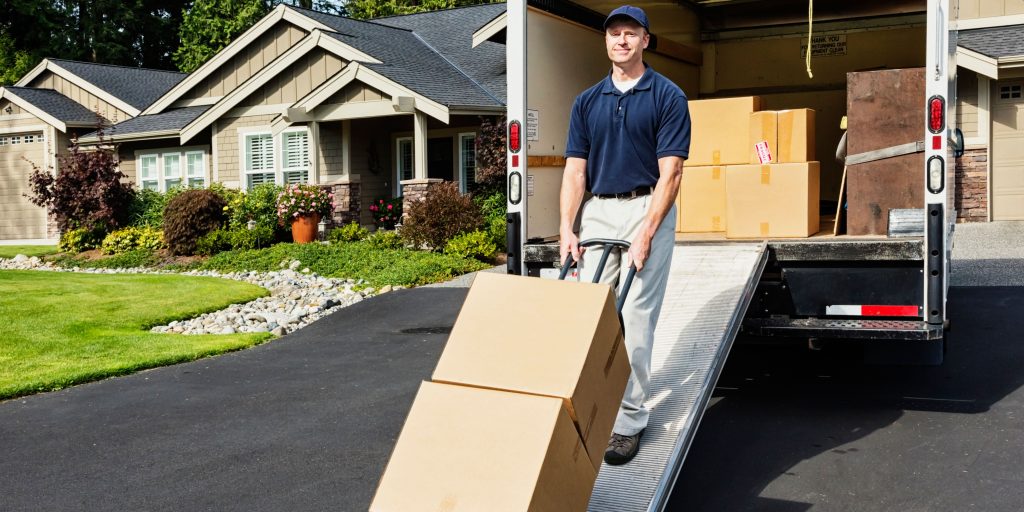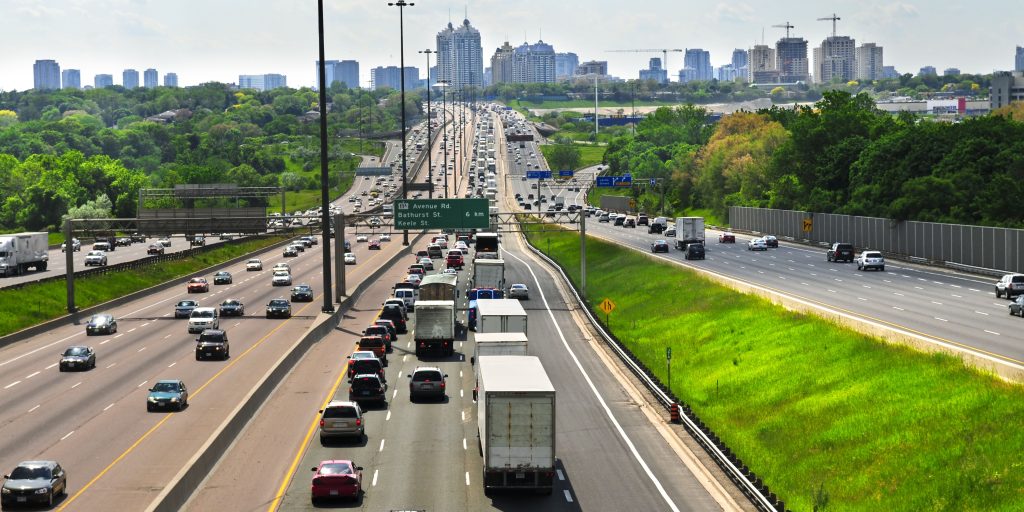

The Significance, Pros, And Cons Of Trucking Last-Mile Delivery
In the ever-evolving landscape of logistics and e-commerce, trucking last-mile delivery has emerged as a pivotal component, transforming the way goods reach end consumers.
This final leg of the supply chain involves transporting products from a distribution center directly to homes or businesses, playing a crucial role in shaping customer satisfaction and the success of businesses in the digital age.
What Is Trucking Last-Mile Delivery?
Trucking last-mile delivery refers to the transportation of goods over the final stretch of their journey, covering the distance from a local distribution center to the end destination—whether it be a residence or a commercial establishment.
This stage is characterized by its focus on speed and precision, aiming to fulfill the rising expectations of consumers who demand swift deliveries in an era dominated by online shopping.
The Importance Of Last-Mile Delivery
1. Customer Satisfaction And Loyalty
One of the primary reasons last-mile delivery is so vital lies in its direct impact on customer satisfaction.
In a world where convenience is paramount, customers expect their orders to arrive promptly at their doorstep.
Efficient last-mile delivery enhances customer experience, fostering loyalty and positive reviews that, in turn, contribute to a brand’s reputation and success.

2. Adaptation To E-Commerce Trends
The exponential growth of e-commerce has propelled last-mile delivery into the spotlight.
As consumers increasingly turn to online shopping, businesses are compelled to streamline their delivery processes.
Last-mile delivery ensures that goods ordered online can swiftly transition from the virtual shopping cart to the customer’s physical possession, aligning with the demands of the digital age.
Advantages Of Trucking Last-Mile Delivery
1. Speed And Efficiency
The most notable advantage of last-mile delivery is its ability to significantly reduce delivery times.
Trucks, equipped with advanced routing systems, can navigate through urban landscapes to reach their destinations quickly.
This speed not only meets customer expectations but also allows businesses to stay competitive in the market.
2. Enhanced Customer Experience
Last-mile delivery contributes to an improved customer experience by providing real-time tracking information.
Customers can monitor the progress of their orders, receive notifications and estimated delivery times.
This transparency builds trust and satisfaction, crucial elements in retaining a loyal customer base.

3. Flexibility In Delivery Options
Trucking last-mile delivery offers a range of delivery options, such as same-day or time-specific delivery slots.
This flexibility caters to the diverse needs of consumers, accommodating their schedules and preferences.
Businesses that offer personalized delivery options often gain a competitive edge in the market.
Drawbacks And Challenges
1. Cost Implications
The speed and efficiency of last-mile delivery come at a cost.
Navigating congested urban areas, paying for fuel, and maintaining a fleet of delivery vehicles can strain a company’s resources.
Balancing the need for quick deliveries with cost-effectiveness remains a significant challenge.
2. Environmental Impact
The environmental footprint of last-mile delivery is a growing concern.
Traditional delivery vehicles, powered by fossil fuels, contribute to air pollution and greenhouse gas emissions.
Mitigating this impact requires innovative solutions, such as transitioning to electric vehicles or exploring alternative delivery methods like drones.

3. Traffic Congestion
Navigating through urban traffic can be a logistical nightmare for last-mile delivery trucks.
Traffic congestion not only delays deliveries but also adds unpredictability to delivery times.
Efficient route planning and the utilization of advanced technology are essential to overcome this challenge.
The Future Of Last-Mile Delivery
As technology continues to advance, the future of last-mile delivery holds exciting possibilities.
Companies are exploring the use of electric vehicles, autonomous drones, and even robots to make deliveries more sustainable and efficient.
Micro-fulfillment centers strategically located in urban areas are being considered to reduce delivery distances and optimize resources.
Conclusion
Trucking last-mile delivery is a cornerstone of modern commerce, providing the speed and efficiency necessary to meet the demands of today’s consumers.
While it brings significant advantages in terms of customer satisfaction and adaptability to e-commerce trends, it also poses challenges related to costs, environmental impact, and traffic congestion.
The ongoing quest for innovative solutions underscores the industry’s commitment to overcoming these challenges and shaping the future of last-mile delivery.
Add a comment Cancel reply
Categories
- Blog Posts (43)
- Buying Tips (5)
- Selling Tips (4)
- Truck Reviews (17)
Recent Posts
About us

Meet Percy, the blog editor who knows his semicolons from his emojis, and his coffee order by heart. He may spend most of his days glued to a computer screen, but don’t let that fool you – he is a superhero at midnight (as long as there’s enough caffeine involved). When he is not editing blog posts, you can usually find him daydreaming about his next snack break or planning his next witty tweet.
Related posts


Protecting Your Trucking Logistics Cargo

The Transformative Dynamics Of Trucking Workforce Demographics









